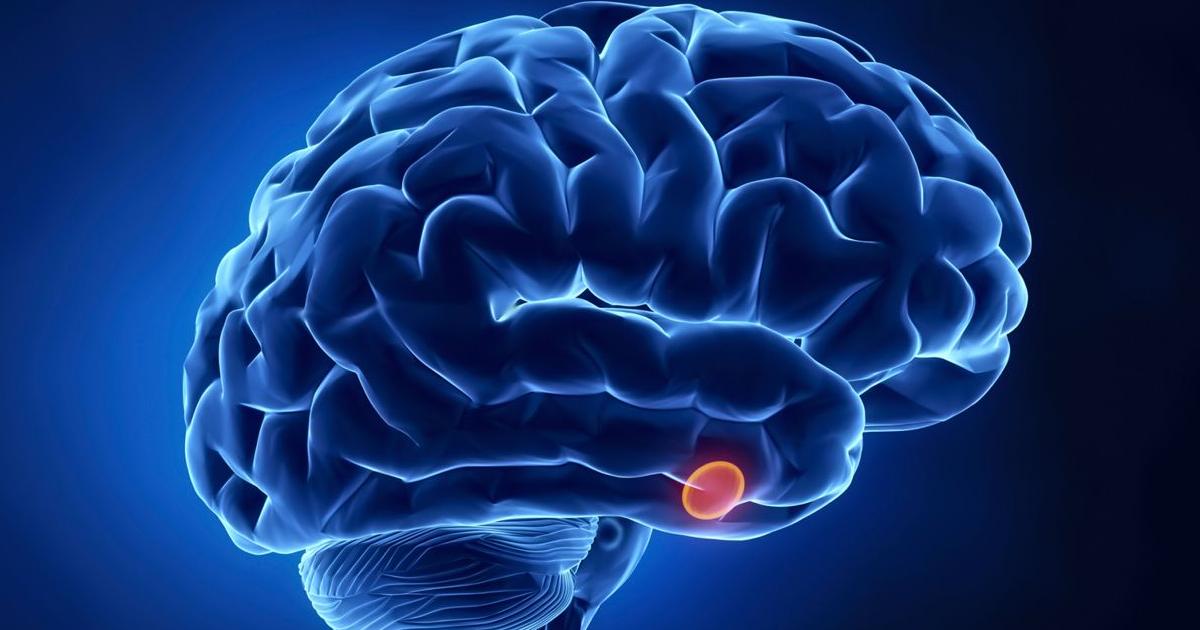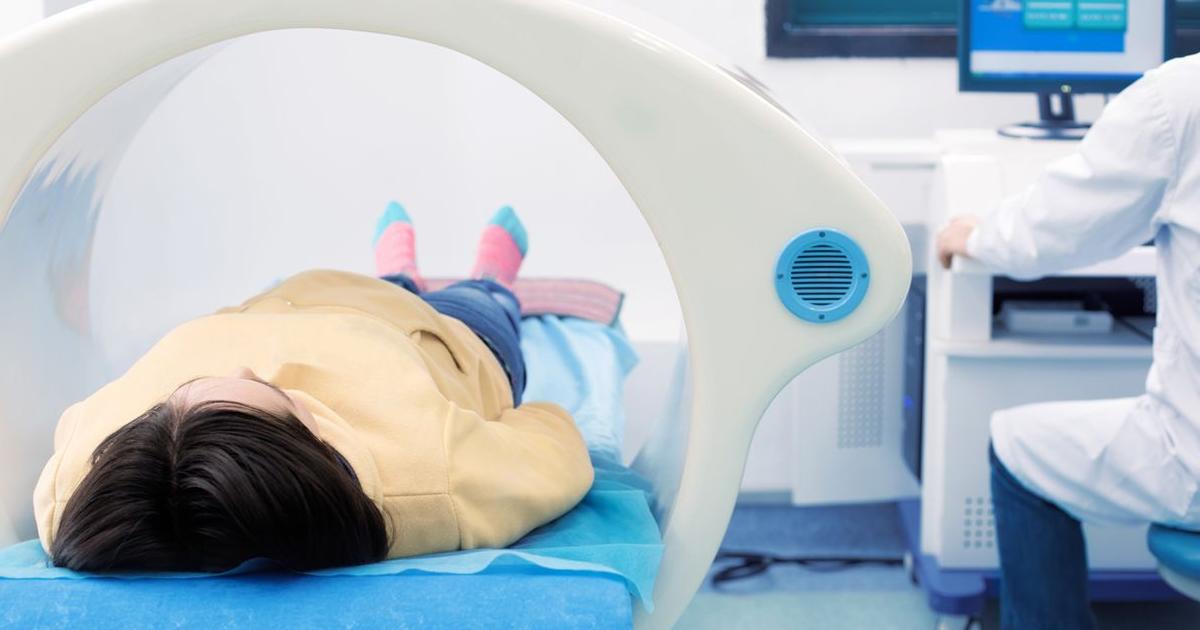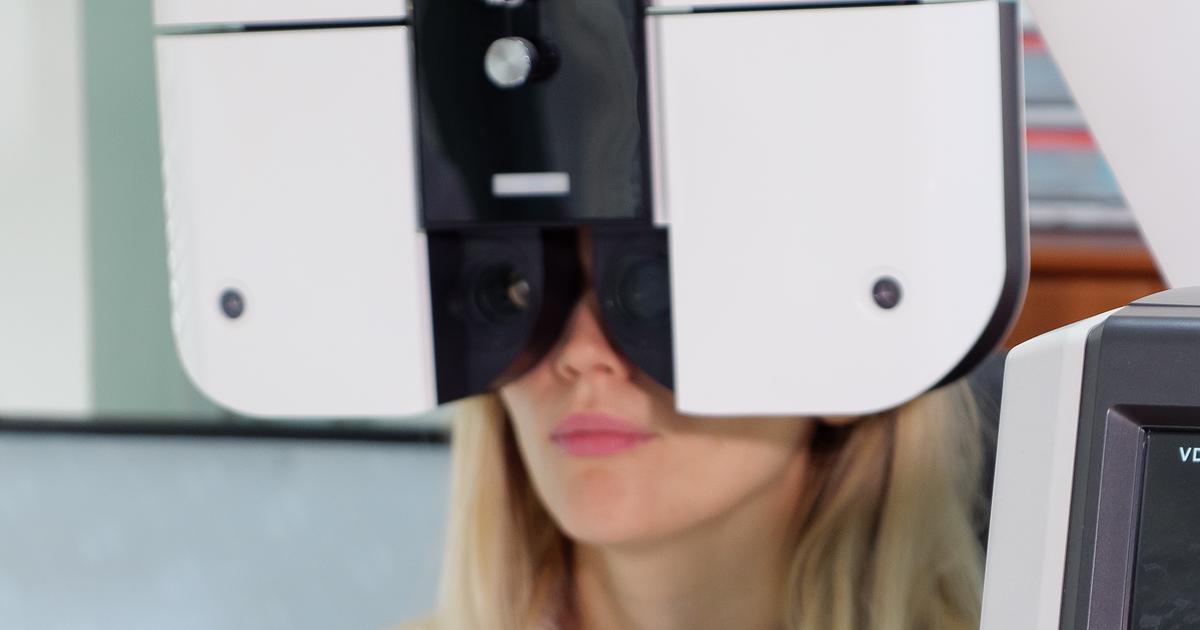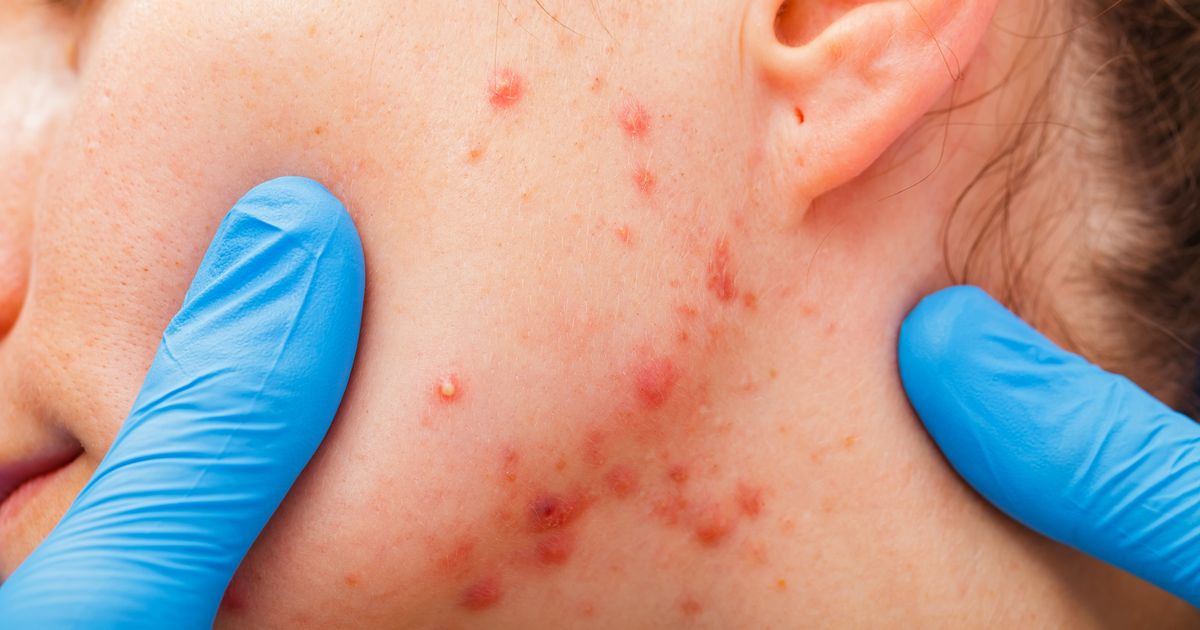Serious Symptoms Of A Prolactinoma
Prolactinoma is a condition characterized by an excess amount of a hormone called prolactin in the body as the result of a nonmalignant tumor in the pituitary gland. The most prevalent type of hormone-producing adenoma to develop in an individual's pituitary gland is prolactinoma. The cause is currently not known, but risk factors include being female and being between twenty and thirty-four years old. A prolactinoma diagnosis is made with the help of blood testing, MRI imaging, vision tests, and a full endocrine workup.
The treatment focuses around reverting the prolactin production to normal, reestablishing normal function of the pituitary gland, decreasing the size of the pituitary tumor, relieving tumor-pressure precipitated symptoms, and improving quality of life. These treatment goals are accomplished using medication to decrease prolactin production, surgery to remove all or part of the tumor, or radiation therapy.
Excessive Or Decreased Body And Facial Hair

Prolactinoma patients may experience excessive or decreased body and facial hair. We know this condition causes individuals to have higher than normal levels of prolactin in the body. Prolactin has certain effects on the receptors located on the cells that produce testosterone and estrogen, the sex hormones found in the testicles and ovaries. This mechanism results in a general decrease in the levels of testosterone and estrogen in the body. Hair follicles in men are known to have an increased sensitivity to testosterone level changes due to certain genetic factors in the tissue.
Some individuals may experience the symptom of decreased body and facial hair because the hormonal changes cause the hair follicle to shrink. When the hair follicle shrinks to a smaller size, it becomes cut off from its supply of blood, causing it to stop growing and fall out. Some women affected by a prolactinoma may experience the opposite effect, with excessive growth of hair on the scalp and body.
Hypopituitarism

Hypopituitarism, a lower than normal amount of pituitary hormones, can be indicative of a prolactinoma. The pituitary gland is referred to as the master gland because it produces several different hormones that control other glands throughout the body. When a prolactinoma grows large enough to place pressure on the surrounding pituitary gland tissues, it causes these tissues to malfunction. Excessive pressure on the cells in the pituitary gland can also cause damage to the tissues, causing them to be unable to perform their function.
The pituitary tissues are responsible for the production of growth hormone, thyroid-stimulating hormone, adrenocorticotropic hormone, vasopressin, oxytocin, and follicle-stimulating hormone. Hypopituitarism is the condition where the body does not have sufficient levels of several of the hormones the pituitary gland should be producing.
Low Bone Density

An individual with low bone density may be affected by a prolactinoma. Low bone density refers to a condition that occurs when an individual's bones cannot produce enough new bone to replace the bone being broken down. The result of this malfunction is a net loss of overall bone mass in the affected individual. Women in their postmenopausal years who are affected by prolactinomas are known to exhibit low bone density more often than other age groups and genders.
The low levels of estrogen in women precipitated from high levels of prolactin cause the bone turnover rate to become accelerated to the point where more bone is being reabsorbed than created. Two hormones called testosterone and estradiol are attributed to the process of low bone density that occurs in men with prolactinomas. Low bone density in men occurs when estradiol and testosterone are undetectable or very low in the patient. Low bone density in affected individuals increases their risk of experiencing a fracture and developing osteoporosis.
Irregular Menstrual Periods

A woman who has a prolactinoma may experience irregular menstrual periods. Increased levels of prolactin in the body that result from prolactinomas can disrupt the normal function of their reproductive endocrine axis. It is well known that prolactin plays a key role in the process of breast milk stimulation, but it also functions in the immune system, reproductive system, ovulation process, and formation of blood cells. Prolactin causes luteinizing hormone and follicle-stimulating hormone to become suppressed.
Luteinizing hormone and follicle-stimulating hormone are responsible for the release of another hormone called estrogen and the promotion of egg production in the ovaries. Low estrogen levels in those affected by prolactinomas result in adverse effects like prolonged or irregular menstrual cycles, absence of periods, infertility, anovulation, discharge of breast milk, and other sexual side effects.
Issues With Vision

A common symptom seen in prolactinomas is issues with vision. Vision problems occur in a prolactinoma that has grown large enough in an upward direction into the brain cavity. The brain cavity above the pituitary gland contains the structures that make up the optic chiasm. Some patients experience loss of their peripheral vision or outer vision, which may be referred to as bitemporal hemianopsia. This malfunction of the optical system causes an affected individual to be able only to see things directly in front of them.
In its beginning stages, a patient may not have any awareness of their peripheral vision loss. While peripheral vision loss is very common for those with large prolactinomas, patients may also experience visual acuity loss or what is otherwise known as blurry vision and dulled colors caused by a foreword directional growth of a prolactinoma.
Galactorrhea

Galactorrhea is the abnormal production of breast milk in women or men who are not breastfeeding. When a healthy woman is pregnant and breastfeeding, their pituitary gland releases a hormone referred to as prolactin to stimulate the production of breastmilk for her baby. A prolactinoma can cause the gland to produce prolactin when the individual is not breastfeeding. When a different type of tumor develops just above the pituitary gland, prolactin secretion can still increase because the stalk of the pituitary gland becomes compressed. This type of tumor is less common in the population than an actual prolactinoma that produces the hormone itself. Because prolactinomas are not recognized in men as quickly as they are in women, these tumors tend to be larger in men at the time of diagnosis.
Headaches

A prolactinoma in the pituitary gland can grow to become relatively large, which causes the gland itself to become enlarged. The pituitary gland is located in a central location close to numerous other brain tissues and structures. All of the brain structures and tissues are located in and sit inside the skull. When the pituitary gland becomes abnormally enlarged due to the growth of any kind of tumor, the surrounding tissues like the optic chiasm and others become compressed from the increased pressure inside of the skull. The skull is not designed to expand with the increased volume of tissue in the brain. Therefore, a prolactinoma or another type of tumor in the brain tissues can cause the pressure to build up inside of the skull bones and produce painful cluster-like headaches in affected individuals.
Infertility

This kind of pituitary tumor causes a condition referred to as hyperprolactinemia, or too much prolactin in the body, which can cause an affected woman to experience infertility through a few different mechanisms. High levels of prolactin in a woman's body can cause her to stop ovulating completely, which will cause her to have problems becoming pregnant. Another way hyperprolactinemia can cause infertility is through the luteal phase defect.
The luteal phase defect occurs when a woman ovulates as usual, but her body does not produce enough progesterone after she has ovulated. Without enough progesterone after ovulation, the lining of a woman's uterus is not able to support the implantation of an embryo. Some women who have a smaller prolactinoma may experience ovulation that occurs infrequently enough to make it difficult for her to become pregnant.
Acne

Neurohormone prolactin is known to cause an individual's breast tissue to produce milk in mammals, but it is also found within the skin of a human. The proteins that make up neurohormone prolactin can be found on the individual's hair follicle embedded in their skin. While the exact mechanism of how an excessive amount of neurohormone prolactin in the skin caused by a prolactinoma is not clear, it is thought to be associated with the upregulated responses of the immune system to common environmental irritants. It is also important to consider how levels of prolactin in an individual's body cause interference with the proper production and secretion of other hormones. When the balance of several reproductive hormones becomes disturbed, the affected individual can experience symptoms like irregular periods, mood swings, and abnormal acne.
Erectile Dysfunction

Men affected by a prolactinoma that causes hyperprolactinemia can develop a condition referred to as hypogonadism. Hypogonadism is a condition where an individual has a deficiency of testosterone because the testes do not produce sperm, testosterone, or both. A prolactinoma causes a type of hypogonadism referred to as secondary hypogonadism. Low levels of testosterone can cause an individual to have a marked lack of sexual desire, potentially on a subconscious level, that makes it difficult for them to get and maintain an erection. Erectile dysfunction in an individual affected by a prolactinoma is uncommon because it is rare for low testosterone to cause erectile dysfunction as a standalone factor.
